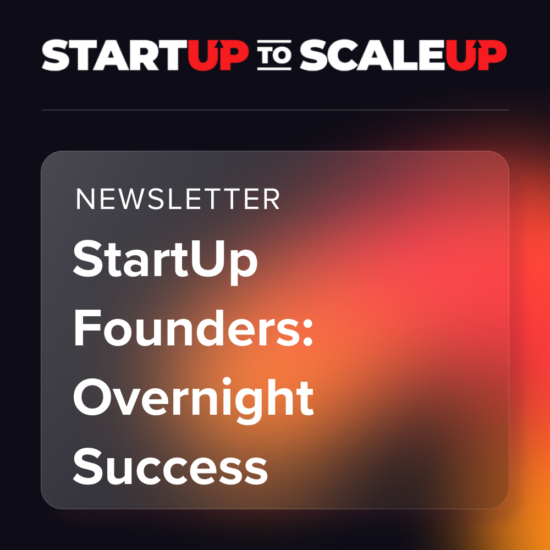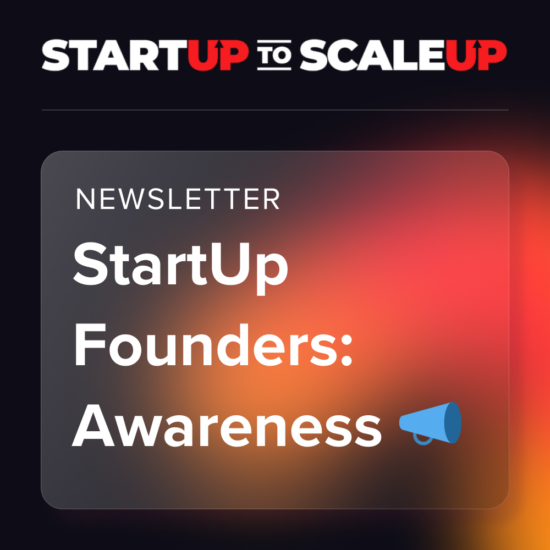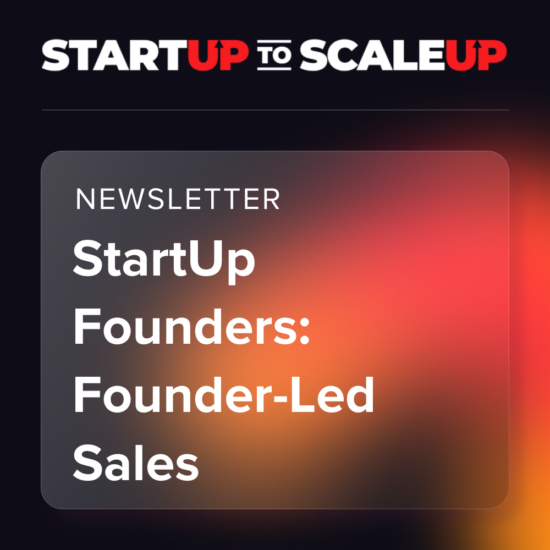StartUp Founders: Are You A Feature Or Product (FNAC)
The debate between building a feature or a product is less important than focusing on market size, defensibility, and customer value.
As a startup consultant, I often find myself having conversations with founders about whether they are building a feature or a product. While there are various definitions and views on this topic, I believe that it ultimately doesn’t matter. If the market is large enough and the product has enough defensibility, there is room to be both a feature and a product.
Take the example of the flashlight app on the iPhone. Before it became a native feature, it was a product that people were willing to pay for. However, once it became a feature, no one bought the iPhone specifically for the flashlight app. Nonetheless, it remained a useful feature that added value to the iPhone.
Another example is Dropbox, which Steve Jobs famously referred to as a feature, not a product. While there may not be an immediate need for more file storage and synchronization in the cloud, there is still plenty of room for Dropbox, Microsoft, Apple, and other players in the ecosystem to coexist. In fact, Dropbox is continuously adding new features to turn themselves into a more defensible product.
When it comes to building a startup, it’s important to be able to defend against the argument that you are building a feature, not a product. However, it’s also important to listen to what others are saying and consider whether the market is big enough, the product is defensible enough, and there is enough opportunity for people to be willing to pay for it.
It’s worth noting that this conversation is separate from the discussion around building on someone else’s platform ecosystem, such as HubSpot, Salesforce, or Facebook. In those cases, it may be more advantageous to build something that can live within another product or platform.
As Jeff Bezos once said, “Your margin is my opportunity.” There will always be room for innovation and competition in any market, and it’s up to startups to identify opportunities and build products that can thrive in those spaces.


